Earlier this year a New Jersey woman found herself in trouble with state officials after taking in orphaned squirrels and caring for them for four months.
Just like in Alberta, keeping wildlife in New Jersey is illegal. The squirrels were seized by Fish and Wildlife officials, and she received a $500 fine.
In Alberta, the Wildlife Act governs all wildlife related licensing, and wildlife rehabilitation centres are issued permits prior to operating. Without a proper permit (and meeting the care requirements needed for obtaining a permit), it is illegal to keep wildlife in your residence or business for the purpose of rehabilitation or to keep them as a pet. Convictions of offences in Alberta can result in fines up to $100,000 and up to 2 years’ imprisonment. Many municipalities also have additional by-laws in place regulating the types of animals that can be kept in a home or residence.
Of course, this is all in the best interest of the animals. It may be tempting to help out an orphaned animal – especially babies – but several species require specialized care and nutrition that is best administered with the expertise of our wildlife biologists (for example, cow’s milk won’t provide the needed nutrition to any baby animal other than a cow!).
Not to mention, wildlife rehabilitation centres have access to medication and x-ray equipment that may be required. It’s an unfortunate truth that AIWC has admitted patients who may have spent a day or two in the home of their rescuers before we were called, and were found to be malnourished or denied needed medical attention as a result. These people certainly had their hearts in the right place, but without the right information and expertise, the animal can still suffer as a result of good intentions.
There is also a real danger of habituating an animal to humans when it is rehabbed in a home situation – they will be too comfortable around people and may never be able to be successfully released or survive on their own in the wild. Dedicated wildlife rehab centres have protocols in place to reduce human interaction as the animal’s health improves, so they are sufficiently ‘wild’ in time for release.
These regulations are also for the public’s safety: there is a risk that bringing wildlife into your home can transmit diseases, parasites, and other zoonoses to yourself or any pets in the home.
Luckily, in Alberta, AIWC is one of several legally permitted wildlife rehabilitation centres and we’re open every day! If you find orphaned, injured, or oiled wildlife, call us immediately: 403-946-2361
If it’s after hours, our Wildlife Hotline or website can point you to a 24 hour veterinary clinic who will admit the animal until we can pick them up the next day. If you’re not in southern Alberta, we can also refer to you a closer wildlife centre.
Of course, the impulse to help an animal in need is entirely correct and we love to see the public engaged in and caring about local wildlife. And if you’re looking to get involved, consider supporting or volunteering with your nearest wildlife rehabilitation centre!
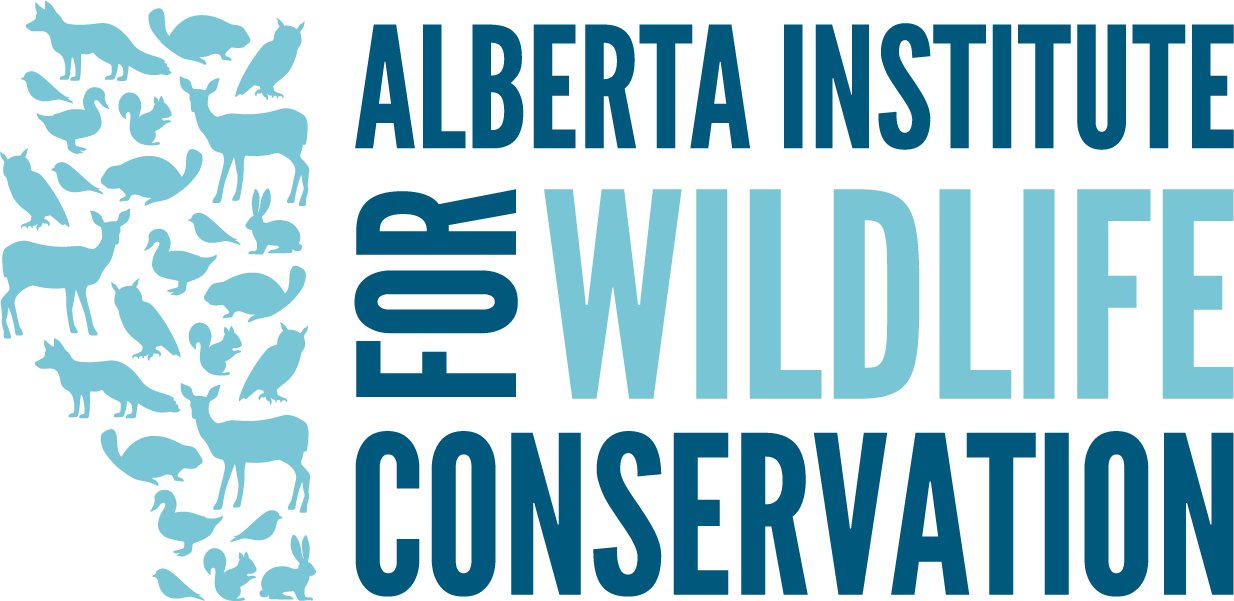
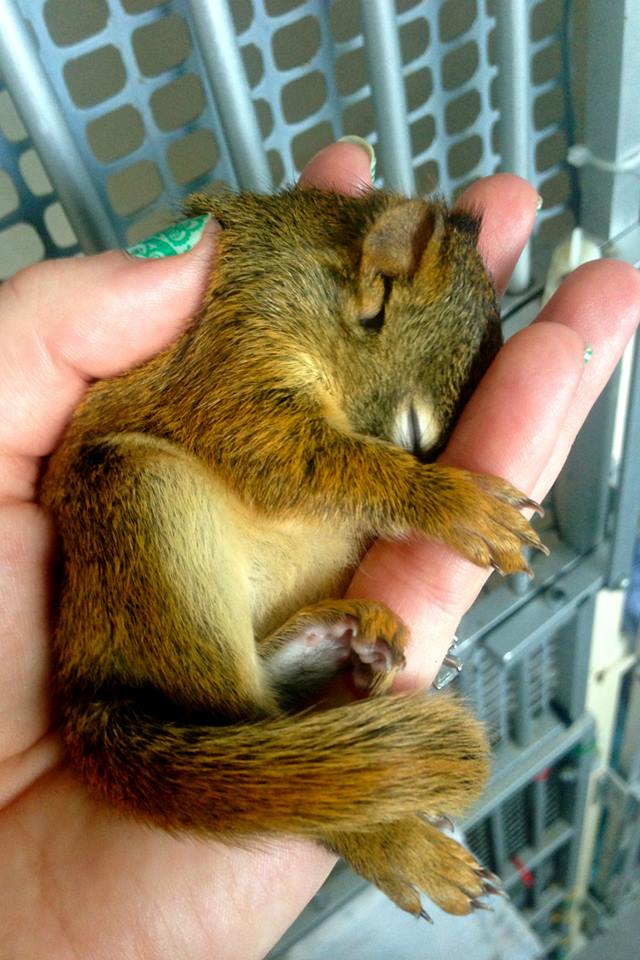
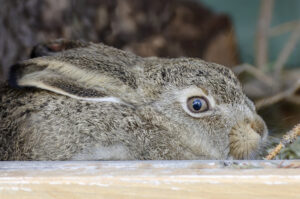
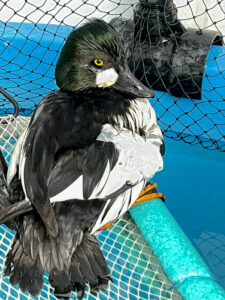
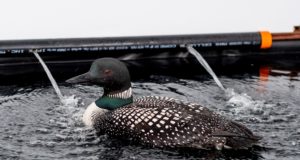
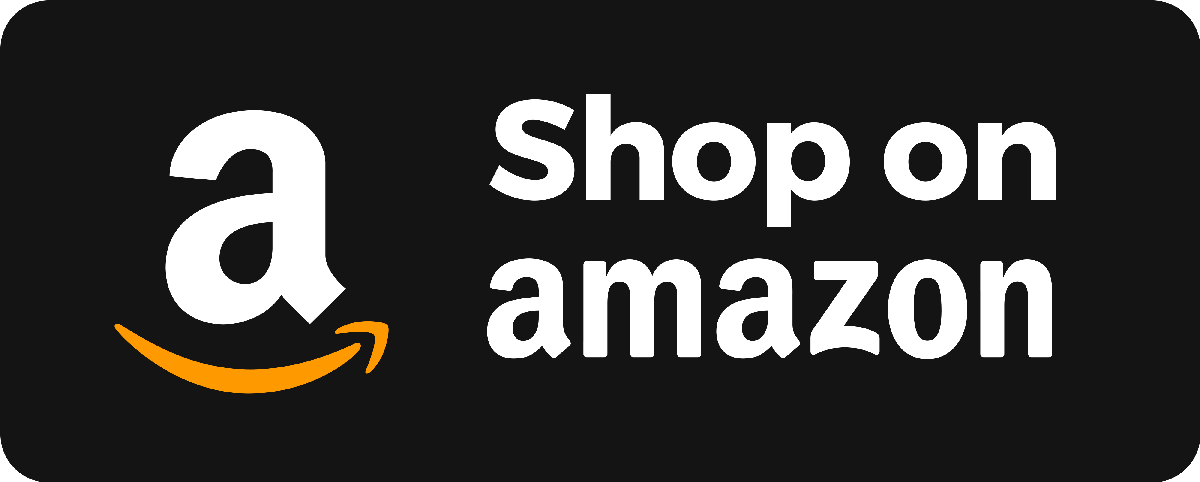
16 thoughts on “When it comes to orphaned or injured wildlife, we’re here to help!”
Please send these to vets and stores in Medicine Hat. I will take them around the city if u don’t have anyone here to do this.I am looking for a volunteer job and would love to help out
Hi Lisa, that would be great, thank you! Do you mind e-mailing us at [email protected] and we can talk more about how we can create awareness in Medicine Hat? Thank you! – Holly.
I found a mourning dove in my backyard and its not flying too well i have it in a box but i dont want to take it to the vet cause they said they would put it down is there anything else to do??
Hi Cheyanne, if you can please give us a call on our hotline we can talk with you more. Our number is 403-946-2361. Thank you!
Hello
My husband and son found an injured raven (they’re favorite bird) on The side.of the road and it can’t fly and I believe it has an injured leg. We brought it home last night and are trying to find a way to get this bird the help it requires. Any recommendations would be greatly.appreciated.
Hello Kyla,
Can you please call our wildlife hotline directly at 403-946-2361? We can better assist you over the phone. Thank you!
Can we get a list of vets in medicine hat that do that?
Hello Meg,
Unfortunately we do not have a list of vets that are able to help wildlife. We’re sure there’s some that could take them in, but they would need to transfer them to a permitted wildlife centre. If we’re able to get a list of vets for the area together, we’ll post it online. Thank you!
– AIWC Staff.
Hello There,
We have just seen a deer driving in between Bearspaw and Cochrane on Highway1a in the ditch in the middle. He was laying with his head up, conscious but probably injured. He may be hit in the fog if no help will arrive. Please look into that.
Thank you!
Hello Gabriella,
This website isn’t monitored daily for comments and we are unable to provide assistance for situations concerning adult deer. If you haven’t already, please contact Report A Poacher at: 1-800-642-3800. Thank you!
I have a small duck on the pond at the Delburne golf course I don’t think she can fly as she has been here for a couple of months or more and is getting colder not sure what to do , hope someone can help thank you
Hi Patricia,
Can you please give our wildlife hotline a call at 403-946-2361? We can better assist you over the phone, thank you!
Could you point me in the right direction of myself getting a permit or license to rescue/rehabilitate wildlife. I own my own land. Just do not know where to start 🙂
Hi Brandy,
The best resource would be to contact your local Fish and Wildlife (Alberta Environment and Parks office) and they will be able to let you know the process. They will also be the ones to issue you your permit. Thank you!
i was walking my dog and saw a bird sitting on the side of the sidewalk and it is not able to walk or move, it looked like the back wing/tail was broken and i don’t know how to help it
Please call our Wildlife Hotline at 403-946-2361 for assistance. Thank you!